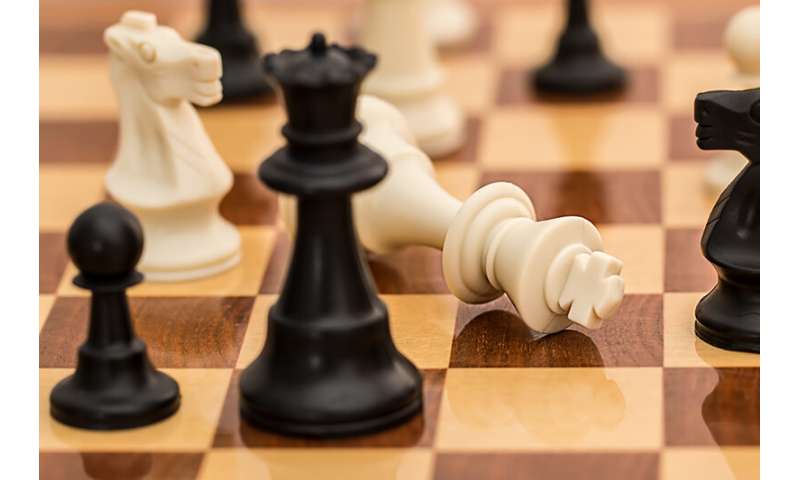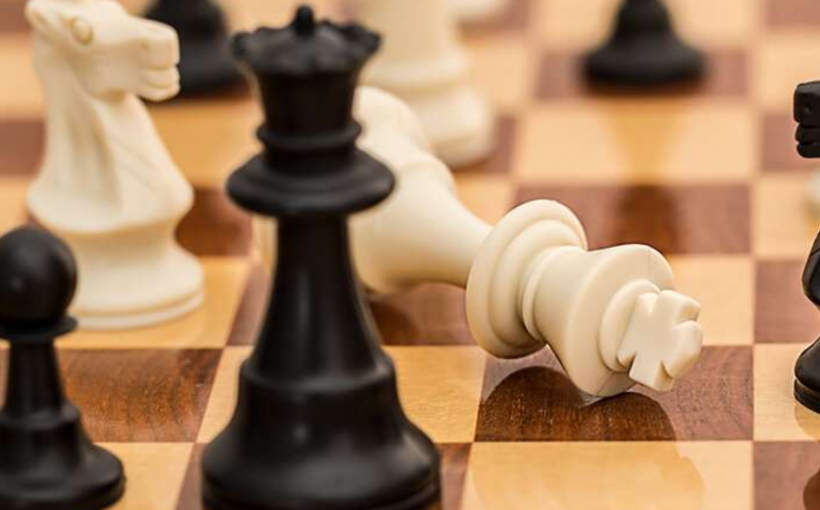
What is more important for success—intelligence or practice? And how do these factors complement one another? When it comes to the chess, up until now, experts have held different opinions. Researchers from the University of Graz, ETH Zurich, Northumbria University and Oxford University have just discovered that intelligence and practice are equally important in chess, and this applies no matter the age of the player. At the same time, they have shown that more intelligent people benefit more from regular practice. The results were published in PNAS.
The research group’s study is the first to examine the development of playing strength over a person’s entire lifespan. A total of 90 tournament chess players aged between 10 and 77 took part. The initial question was how intelligence and practice interact throughout the course of a lifetime—i.e., at the beginning of a chess career, in the time of peak performance between the ages of 30 and 40, and during the phase of cognitive decline in old age. “We have observed that both factors play an important role in all phases. The greater the intelligence and the more tournament games played, the greater the playing strength. In addition, there was a correlation: Intelligent players benefit more from the same amount of practice than less intelligent players,” explains Roland Grabner from the Institute of Psychology at the University of Graz.
The ability to recognize patterns is especially important in chess. If you can access memorized constellations of pieces, possible moves and game sequences more quickly, you have a clear advantage. At the same time, however, chess is such a complex game that you can never store all the possibilities in your memory. In the game itself, the biggest help is a greater numerical intelligence: “The numerically more intelligent players seem to be able to utilize their strengths best in order to calculate different moves. General visual-spatial thinking hardly plays a role here,” says Grabner. Even in old age, when intelligence decreases, the advantage of greater numerical intelligence remains. However, it is still not a substitute for practice.
Source: University of Graz


